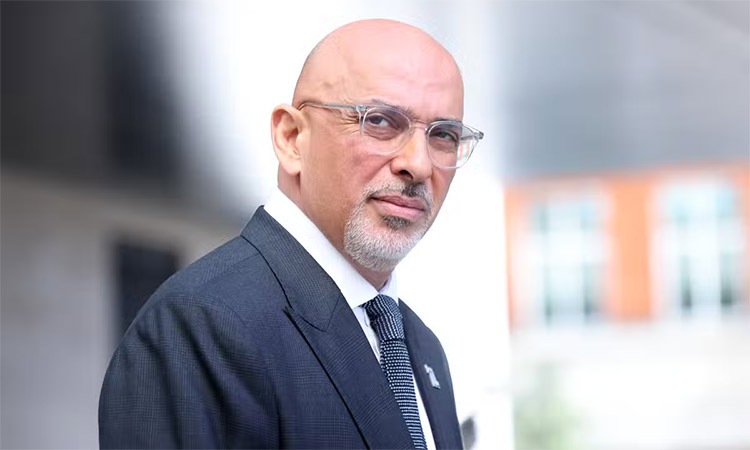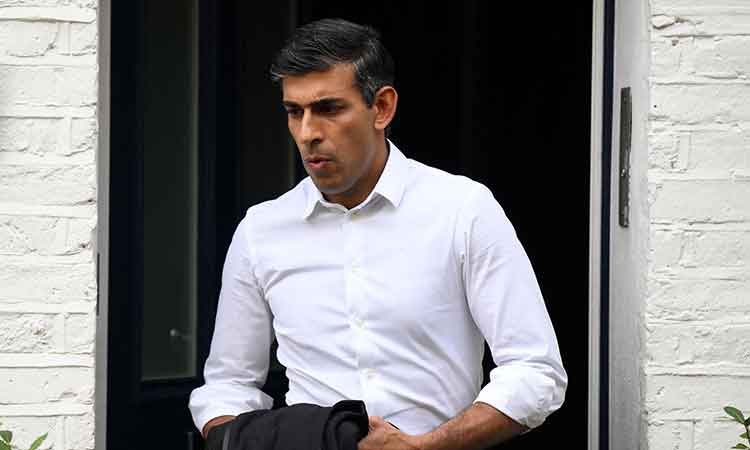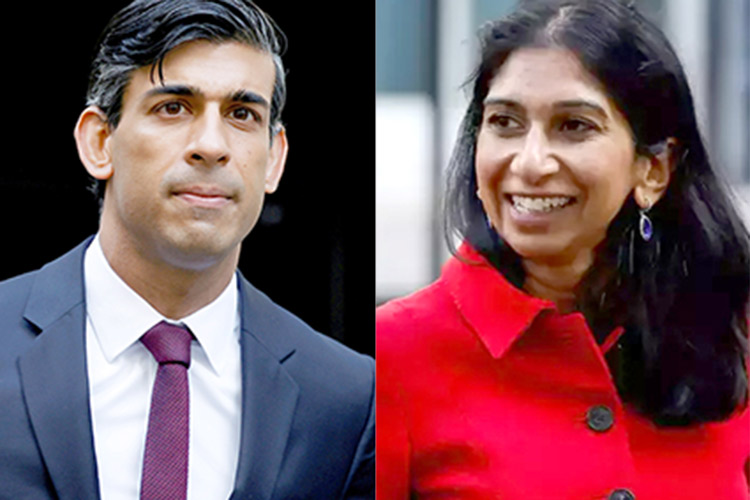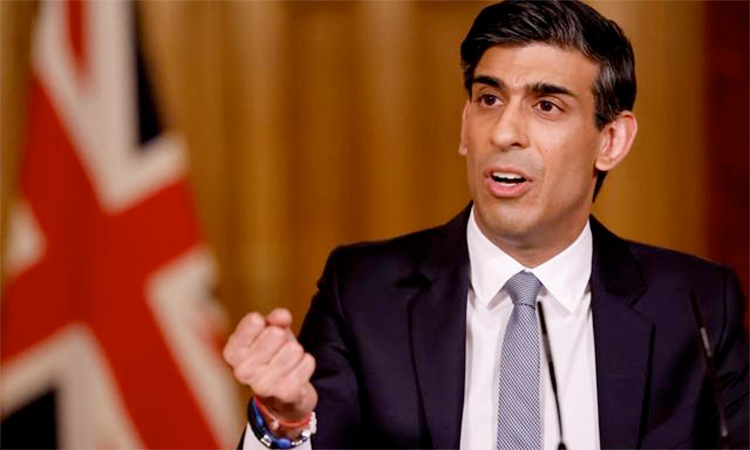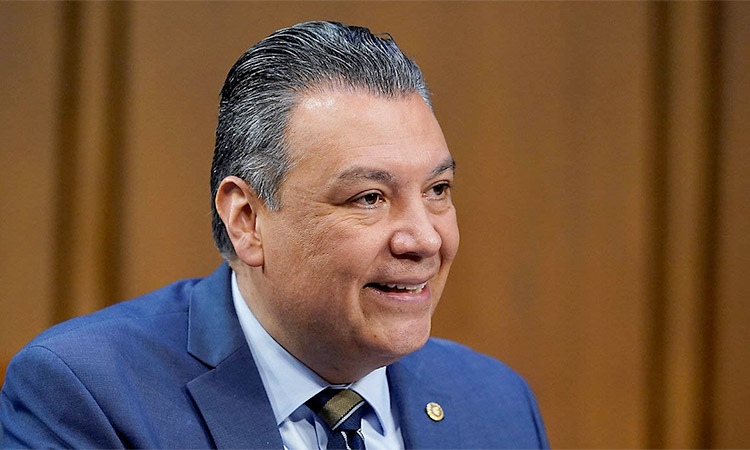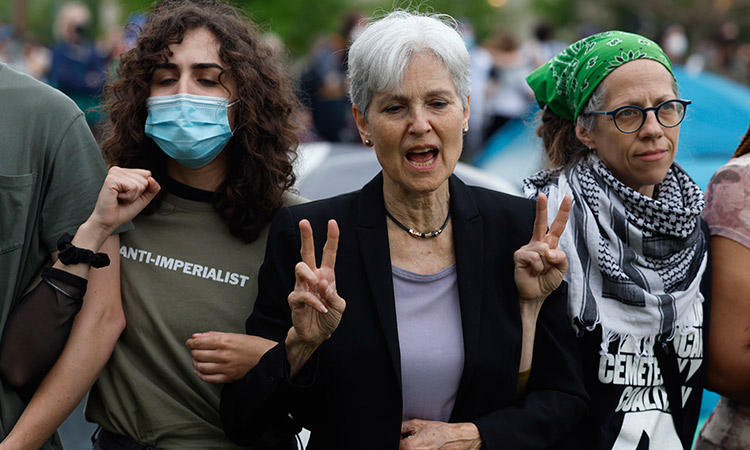Conservative Rishi Sunak as Prime Minister is the most shocking reversal of fortune in recent British politics

John Rentoul
@JohnRentoulChief Political Commentator, The Independent; visiting professor, King's College, London.
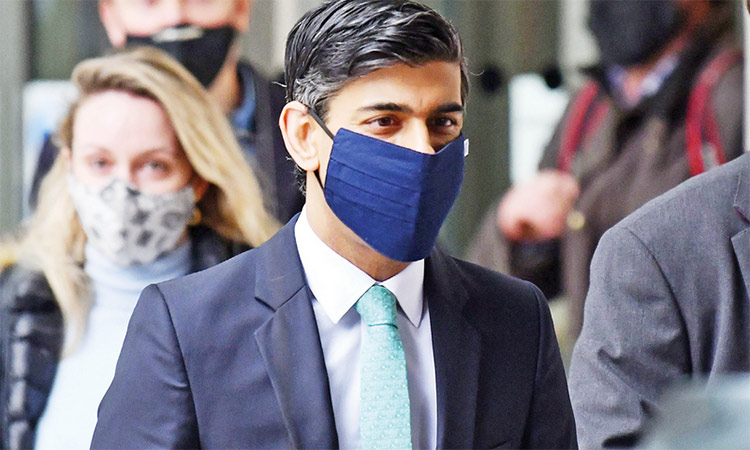
Rishi Sunak
I was taken aback by the hostility towards Sunak from grassroots Tory members, a pincer movement from mainstream loyalists who thought he had stabbed Boris Johnson in the back, and punk-Thatcherite ideologues who called him a high-tax socialist.
There was a point in the middle of the campaign, when Truss relaxed and became almost fluent, that it seemed as if Sunak was finished for ever. He was beaten, and by the time of the next election the party would have moved on. I thought the opposition to him from the pro-Johnson conspiracy theorists would curdle into a fixed barrier to a second attempt.
But as Truss relaxed, she started to make mistakes, such as refusing to say whether Emmanuel Macron was friend or foe, and unease about her simplistic policy of tax cuts grew. Journalists speculated that Sunak would give up on politics and go back to earning money in California, but people who know him told me that wasn’t how he thought. Even as things looked hopeless, I was told that Sunak was determined to stay in parliament and took the view that there was a chance for him as long as he stayed in the arena. How right that judgement turned out to be.
By the end of that campaign, he did better than the opinion polls predicted, securing a respectable 43 per cent of the vote. It seemed that more members than expected took his warnings about the public finances seriously. After the result was announced, things started to go wrong for Truss almost straight away. The unravelling of her government was delayed by the death of the Queen, but when politics resumed with the mini-Budget, the collapse came more quickly than anyone could have imagined. The problem with that, from Sunak’s point of view, is that “I was right” is rarely a good manifesto for persuading waverers. Perhaps that explains why he said absolutely nothing in public as Truss tried to fend off the inevitable, and continued to say nothing after she announced she was resigning.
He didn’t need to. His warnings during the campaign that unfunded tax cuts would unsettle the markets and put up the cost of borrowing had so obviously been proved right that they spoke for themselves.
Sunak was suddenly left in a position where he was the last best option to take over from Truss. It couldn’t be Johnson, as even Johnson himself was forced to admit yesterday. And it couldn’t be Penny Mordaunt, although she left it until two minutes before the deadline to admit it. I had to read her statement twice before I realised that it didn’t even say that she wouldn’t be standing. She presented the absence of her nomination papers as a decision taken not by her but by her MP colleagues: “They have taken this decision in good faith for the good of the country.” In effect, they had. A majority of Conservative MPs had decided, by a kind of osmosis, that Sunak would have to take over. If the choice had been left to Tory MPs in the first place, they probably would have chosen him, but nobody could be sure. Now, with the Truss experiment blowing up the chemistry lab, the soot-covered faces were too embarrassed to resist the inevitable. Thus it was understood, without anyone saying so explicitly, that it would be too dangerous to allow the party members to vote again. In the end, the threshold was set at a high level — 102 MPs required to support a nomination, including a proposer and a seconder, with only the names of the proposer and seconder published — but not an insuperable one.
Johnson claimed to have the required number of supporters, and Nigel Adams, his lieutenant, claimed that Bob Blackman, a member of the 1922 Committee which oversees leadership elections, had confirmed it. But even so, Johnson had to bow to the constitutional logic that a prime minister needs the support of their parliamentary party.
